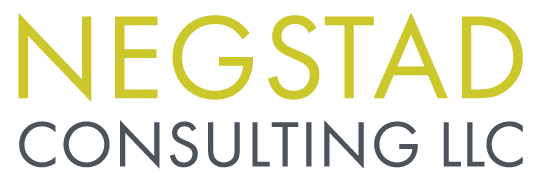5 Minutes on How To Help With Burnout
As Adam Grant so wisely puts it, “The core of burnout is emotional exhaustion – feeling so depleted and drained, you just don’t have anything left to give your job.”
I’m guessing many, if not most of us, have been there at some point in our lives, if not in the last few years.
It’s also important to note that burnout disproportionately affects people who experience systemic oppression, whether that oppression is racist, patriarchal, cultural or has other roots.
Burnout is not just an individual experience of feeling tired or dreading going to work on Monday morning. It has real consequences at the individual and organizational levels.
According to the World Health Organization (WHO) as summarized in Forbes, the effects of burnout can include:
Low energy
Disengagement
Negativity
Reduced productivity
These are important and consequential affects when so many people are experiencing burnout. In a 2021 survey by Indeed, over half of the respondents reported feeling burned out.
Given the impacts of burnout and its widespread nature, I want to take some time to explore how we can help employees experiencing burnout and even prevent it.
This involves a greater emphasis on and commitment to employee well-being.
The first, and maybe most important, point is that employee well-being is not an individual's task. Nor is it helpful to have an individual focus.
Instead, employee well-being should be approached with an organizational focus.
How well can any one individual be if the system is perpetuating burnout?
Even if the employee and their team or supervisor are doing their best to support well-being, it will always be undermined and limited by organizational practices that are causing burnout.
Here are a few hard questions to consider at an organizational level:
Who benefits from exhausted workers? Who is harmed?
Where are we experiencing hypocrisies, e. g. you say you care about my well-being yet you require me to do X, Y, Z?
How does the organizational culture play a role in setting unrealistic expectations?
How does the organization currently support well-being?
What barriers to well-being currently exist at the organization?
These can be hard conversations to have, and shifting organizational culture certainly doesn’t happen overnight.
Part of the shift includes ensuring all levels of leadership support, model, and reinforce the culture change.
Otherwise, mixed messages can increase frustration from employees, and ultimately lead to more burnout.
Remember, this is a system-wide shift. It’s certainly possible for one full team to start improving the work environment to reduce burnout. But it’s harder to do if the organization is undermining those efforts.
Let’s get a little more concrete. How can your organization start to support and build well-being?
Policies around sending and responding to emails after hours
Organizational norms, rules and flexibility around work hours and work week
Mission, vision or values supporting well-being
Rest and recovery being recognized as part of work after long days or big projects
Ability to block of time for no meetings or uninterrupted work time
Structure for ongoing conversations and commitment to well-being
Space for experimentation, trial and error
Add a “time out” policy – opportunity for staff to call pause/stop their work, no questions asked(although notification of supervisor is needed) unless staff wants to offer an explanation (up to a day or portion of a day)
Demonstrate and reinforce positively employees who follow / use these opportunities
You might be nodding your head along to each of these ideas, ready to make a change at your organization.
Or, you might be like some of the supervisors I hear from, feeling yourself react a little more skeptically.
What if the employees misuse these changes and opportunities?
That can be handled individually.
We’re going for system change and that means we don’t punish the whole team or system for the actions of one person.
Yes, some misuse might happen and require handling, but the big picture is that a clear philosophy of well-being actually helps reinforce a culture of productivity.
In part, this happens because people are able to get what they need through clear communication and supportive policies and culture, instead of people feeling like they need to sneak or work the system in creative ways to get their needs met.
What do you think? Have you seen how organizational culture can perpetuate burnout or support well-being? What have you experienced that has worked well or flopped?

